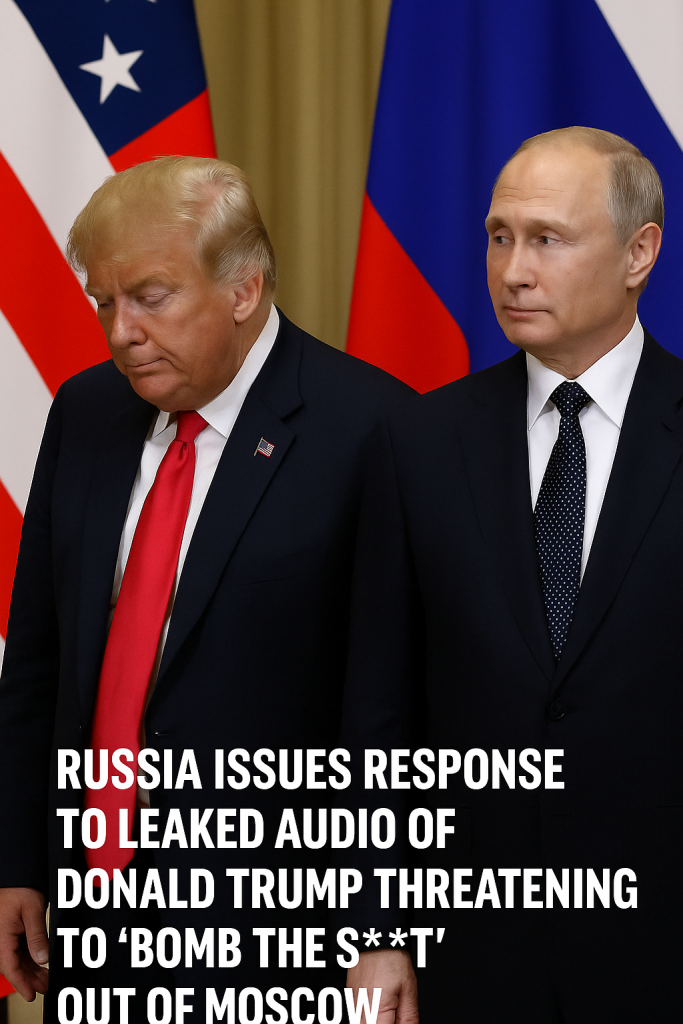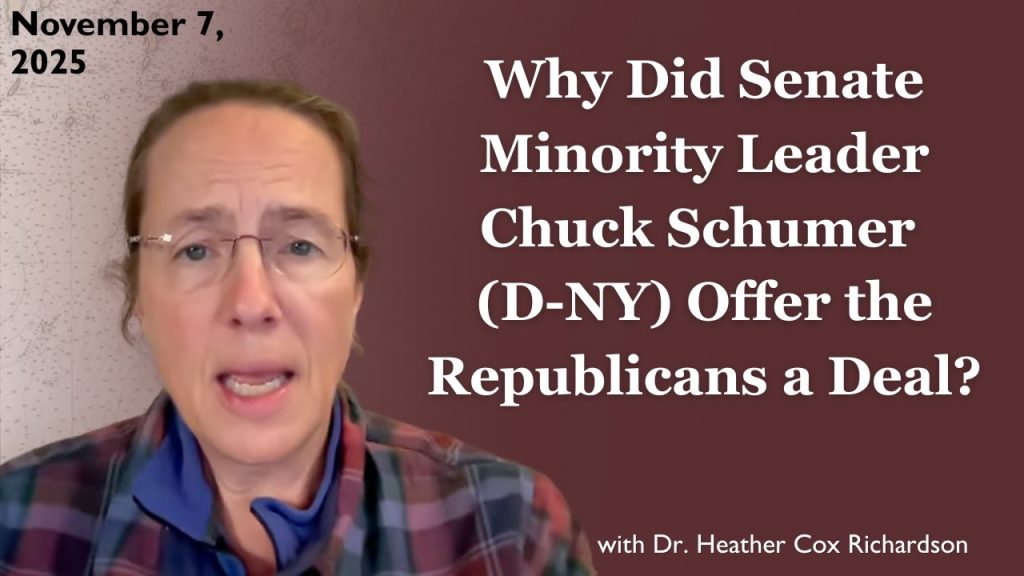A recently surfaced audio recording featuring former U.S. President Donald Trump has ignited a firestorm of international controversy. The tape reportedly captures Trump threatening to “bomb the s**t out of Moscow,” provoking swift and stern responses from Russian officials amid growing global tensions.
The Leak and Its Content
The series of tapes emerged in late April 2024, capturing Donald Trump in a candid and aggressive moment where he bluntly threatens military action against Russia’s capital. Although the audio’s origin remains unclear, the recording contains language that many observers have described as incendiary and unprecedented in recent diplomatic discourse.
While the full context of the conversation remains partially undisclosed, listeners hear Trump express frustration regarding Russia’s policies and actions on the global stage, culminating in the explicit threat to “bomb the s**t out of Moscow.” This explicit statement has quickly become the focal point of international criticism and diplomatic concern.
Russia’s Official Response
In the wake of the leak, Russian authorities issued an official statement condemning the remarks as “reckless, provocative, and dangerous rhetoric that undermines the prospects for peaceful dialogue.” Moscow’s response was measured but firm, emphasizing that such threats exacerbate tensions and could destabilize already fragile diplomatic relations between the two nuclear powers.
Russian officials reiterated their commitment to national security and warned that any hostile acts would be met with decisive and comprehensive countermeasures. The statement also accused Western political factions of trying to intimidate and isolate Russia on the global stage through inflammatory media leaks and rhetoric.
Implications for U.S.-Russia Relations
This leak arrives at a particularly sensitive time, with ongoing conflicts and geopolitical rivalries intensifying between Washington and Moscow. Many analysts suggest that the timing and tone of the audio could undermine diplomatic efforts aimed at reducing tensions and may complicate dialogue around arms control, regional conflicts, and cybersecurity threats.
Experts suggest that if the remarks reflect an actual mindset within certain political circles in the United States, it could lead to an erosion of trust and increase the likelihood of miscalculations. Others argue that the tape might be leveraged for political gain domestically, raising questions about the motives behind its release as much as the content itself.
Global Reactions and Next Steps
International leaders and security analysts are closely monitoring the situation, emphasizing the necessity of calm and constructive communication. The United Nations and several diplomatic channels have called for restraint and prioritized dialogue to prevent escalation.
Meanwhile, commentators emphasize the need to critically verify the authenticity of such recordings, considering the potential impact misinformation or politically motivated leaks might have on international peace and security.
Looking Ahead
As investigations into the audio’s origins and verification continue, both Washington and Moscow face mounting pressure to clarify positions and avoid any misinterpretation that could provoke conflict. This incident serves as a stark reminder of how volatile rhetoric—even in offhand or private moments—can ripple across global geopolitics with serious consequences.
In an era defined by rapid information dissemination and heightened political sensitivities, the balance between candid political expression and responsible leadership has never seemed more crucial. How both nations manage this crisis in the coming weeks could shape the trajectory of U.S.-Russia relations well into 2024 and beyond.



